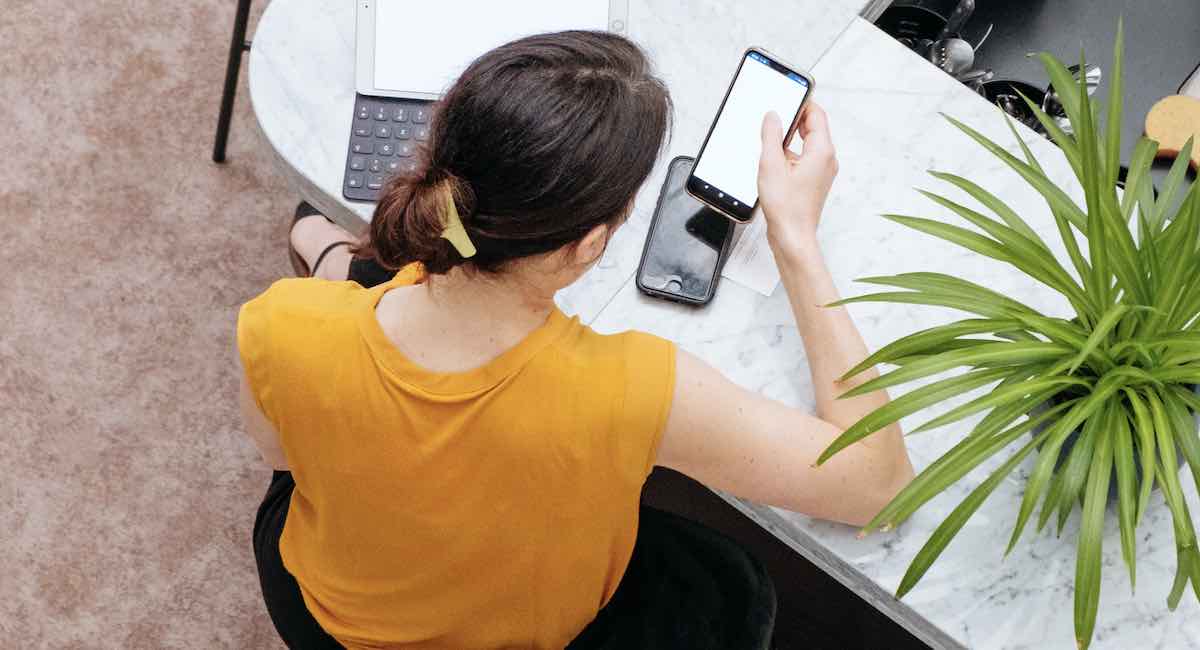How our mental wellness app reduces negative body image for high risk female university students
- Body dissatisfaction represents a prevalent condition in young women.
- Daily training with our mobile app may reduce some forms of body dissatisfaction.
- Medium-large effect size reductions emerged for BDD symptoms.
- Effects of the intervention on eating disorder symptoms seem more limited.
Body dissatisfaction is prevalent in young women and is associated with symptoms of Body Dysmorphic Disorder (BDD) and Eating Disorders (EDs).
Prof. Guy Doron, co-founder of GGtude, together with a team of students and researchers, wanted to assess the positive effect of our mobile application, based on cognitive behavioral principles, in reducing body dissatisfaction and BDD/ED (Body Dysmorphic Disorder) symptoms in female university students, considered at high-risk of developing Body Image Disorders (BIDs).
How the study was conducted
Fifty university students at high-risk of developing BIDs (using self-report questionnaires assessing BIDs and the Structured Clinical Interview for DSM-5 Clinical Version) were assigned to two random groups: an immediate-use group (iApp group; n = 25) and a delayed-use group (dApp group; n = 25). The iApp group started using the app at baseline for 16 days (T0 to T1). The dApp group waited for 16 days before starting to use the app (T1 to T2). Participants completed questionnaires at baseline (T0), 16 days from baseline (T1), and 32 days from baseline (T2).
The results
Repeated measure Analyses of Variance (ANOVAs) showed a Group interaction on BDD symptoms indicating medium effect size reductions in the iApp group compared to dApp group; post-intervention means for BDD symptoms were under the cut-off for extreme body dissatisfaction/BDD symptoms in both groups.
Conclusion
Training 3 minutes a day for 16 days with our OCD mobile app may lead to reductions in some forms of body dissatisfaction, including BDD symptoms in female university students at high-risk of developing BIDs.
What does it mean for people who suffer from body image issues?
The results show that it’s possible to reduce some forms of body dissatisfaction using the app for 16 days, 3 minutes every day.
You are welcome to try the app for free and see for yourself.
Citations
Cerea S., Ghisi, M., Bottesi, G., Manoli, E., Carraro., T., & Doron (in press). Short, Daily Cognitive behavioural Training Using a Mobile Application Reduces Body Image Related Symptoms in High Risk Female University Students: A Randomized Controlled Study. Behavior Therapy.


